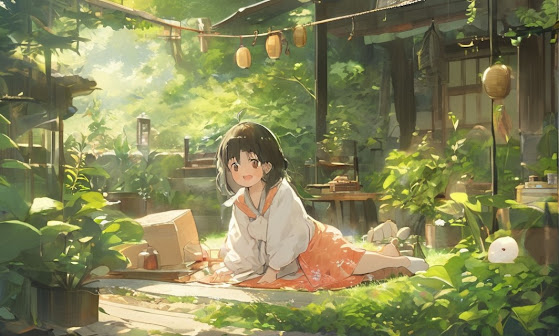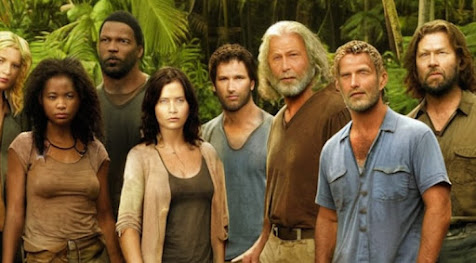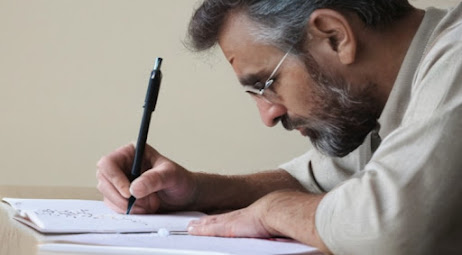How To Be Happy

Gasp! The year is almost over and then we’re on to a new one. Maybe this time we can get things done, achieve our goals and succeed in the areas we failed in the past… Yeah, all that. Seriously? Now, I don’t wanna burst your balloon but life is not always about achievement. It’s also about feeling content with ourselves, doing good and, gosh darn it, being happy . Honestly, this compulsive need to complete goals and see tasks through to the end is surely what causes most of the stress in our lives. Sometimes I think we should simply reject our quest for instant gratification and hyper stimulation. But what can we do to be calm and in control, positive, and, most of all, consistently creative? Personally, first thing I do when I need to be happy is to write my 500 words for the day. More is good but 500 is fine. Just enough to make me feel useful and fulfilled. Here are some other ways to keep up your happiness quotient: Go for a walk in nature. This is a...













